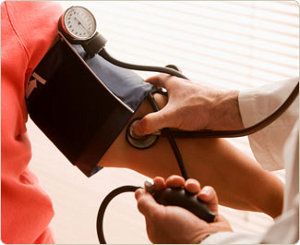Hypertension Linked to Poor Sleep
Patients with a sleep-disorder like obstructive sleep apnea or sleep deprivation are at an increased risk of hypertension.

A recent study in the journal Hypertension found that conditions categorized as sleep-disordered breathing (such as obstructive sleep apnea, sleep deprivation, short sleep duration) are highly connected to hypertension.
Researchers studied 784 participants without hypertension who volunteered for the Outcomes in Sleep Disorders in Older Men Study between 2003-2005 with follow ups from 2007-2009. These participants—having a median age of 75 years—answered questionnaires related to their race, lifestyle, medications, height, weight, BMI, and hip and neck. Additionally they underwent two seated resting blood pressure measurement at the beginning of the study and at a follow up visit.
As a way to record rapid eye movement (REM) and non-rapid eye movement sleep stages and slow-wave sleep while the participants slept, the researchers used "in-home, single-night sleep studies using unattended polysomnography.”
The researchers learned that, after a mean follow-up of 3.4 years, 243 of the 784 participants were suffering from hypertension. In the unadjusted analyses, the researchers determined that the incident hypertension was connected to increased hypoxemia, a deviation from normal REM sleep patterns, and decreased slow wave sleep. After factoring for age, non-white race, study site and body mass index, however, only slow-wave sleep was significantly and adversely connected to hypertension conclusively.
As a result of these findings, the researchers were able to conclude that selective deprivation of slow wave sleep may contribute to adverse blood pressure in older men.